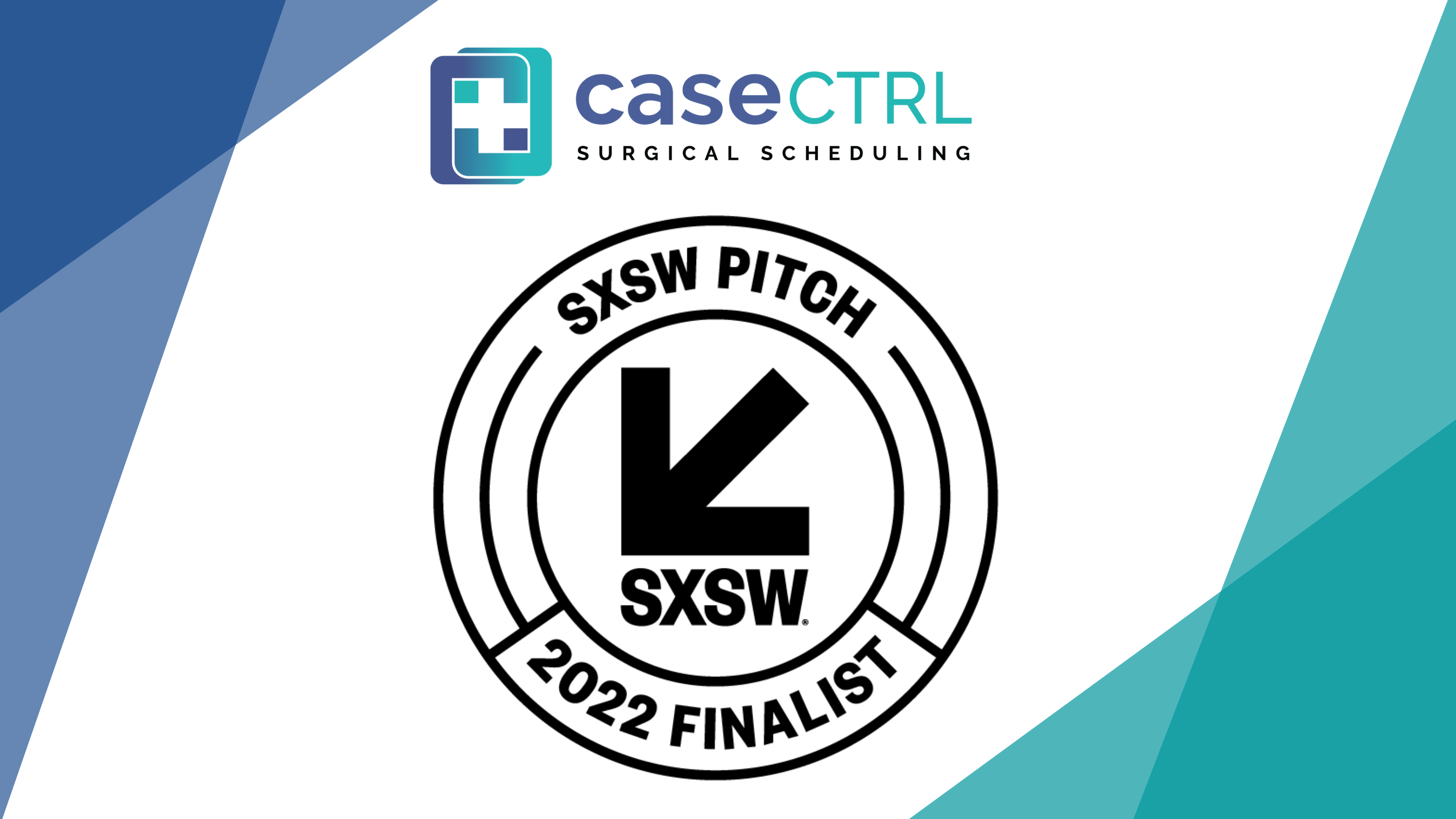If you’re responsible for running an operating room, you probably already know that you need surgery scheduling software. You’ve realized that you’re losing time and money by handling your surgery scheduling manually. Your team is too busy to waste time chasing patient information. Your OR is too valuable to sit empty while you race to find that missing piece of equipment your surgical team needs before they can operate. For more insights on the ideal time to use surgical scheduling software, and tips to ensure the best ROI, check out this guide.
However, with so many options to choose from, it can be hard to know what to look for in surgery scheduling software.
To help you out, here are 4 key problems that many ASCs and healthcare practices face on a daily basis. The right surgery scheduling software should help you reduce or eliminate all of these issues.
1. Surgery scheduling software should make case building easier and more efficient.
If you want to make sure that your busy surgical team switches over to scheduling software, you’ll need to find a solution that they actually prefer to use. Otherwise, you’ll find that time-crunched medical staff will fall back on workarounds with the old, paper-based systems they’re used to.
One of the first questions you should ask when comparing surgery scheduling options is whether the software offers quick, seamless case building for surgeons. Can users save their preferences? Is it easy for them to customize complex cases? Do surgeons actually find the tool advantageous and helpful? Surgeon adoption is critical for successful deployment of any such solution.
It’s also important to find a tool that makes your practice less reliant on the practice-specific and surgeon-specific knowledge of individual surgery schedulers. Too many ASCs and healthcare practices grind to a halt if a surgery scheduler is unavailable. This is a very high-risk strategy from a business continuity point of view –– given that the OR is your greatest source of revenue, it makes no sense that successful surgery scheduling should rely almost entirely on a single individual.
If you find the right scheduling software for your practice, the surgeons’ case preferences and workflow will all be stored in a cloud-based, HIPAA-compliant data repository, making them clear, consistent, and easy to retrieve, regardless of whether a particular scheduler is present that day.
2. Your surgery scheduling software should give you a comprehensive overview of resources and cases - in real time.
To make effective use of your ORs, limited resources and busy staff, you need to know exactly what is happening at all times with resource availability. However, such visibility can be incredibly challenging for healthcare practices managing multiple ORs, especially across more than one location.
Handling this level of complexity is nearly impossible without a cloud-based surgery scheduling platform that allows for live information updates, automated notifications, and intelligent tools that integrate institutional, surgeon, patient, and case-specific scheduling requirements and changes.
The right software platform will allow you to keep diverse care teams in the loop every time there’s a case change or a scheduling delay. This level of immediate transparency will make it far easier to optimize your use of the operating room and radically reduce unnecessary downtime and delays, which in turn will increase profitability while improving patient care.
3. Will it help me improve surgical block utilization?
The OR is the profit driver for both hospitals and ASCs - but if you don’t optimize your block scheduling, you could be leaving your profits on the operating table. Most practices rely on block scheduling - dividing their OR time among surgery specialties in predetermined blocks. Done right, block scheduling is convenient for surgeons, who benefit from a predictable working day, and for administrators, who potentially improve the allocation of resources and reduce the need for internal communication.
Unfortunately, paper processes do not effectively support block scheduling. Are you able to rapidly fill gaps in the surgery schedule as a surgical date approaches? Can you quickly identify patients that have expressed a preference to get their surgery sooner if the opportunity presents itself? And can you readily identify future cases that have already been approved and cleared that would be prime candidates to move earlier? Without such transparency, it is very hard to maximize block utilization.
The good news is that the right surgery scheduling software can help you create an optimal block schedule and reduce scheduling gaps. For example, if you choose a solution with intelligent learning algorithms, you can collect and share data to help surgeons improve their estimates of how long each surgery will take. The system can also help practices share available block time as a surgical date approaches or flag when an opportunity exists for scheduling more surgery. A system with automated notifications and a live, integrated dashboard will help you make use of unexpected open time blocks and make the most of OR time.
4. Will it reduce patient no-shows?
Patients who fail to show up for surgery are an expensive problem for healthcare facilities. No-shows cost ASCs and hospitals valuable OR time that could have been used for other patients, tie up medical staff, and can also potentially risk patient well-being.
If you’ve found the right surgery scheduling software, you’ll see that it will be able to help your practice reduce patient no-shows. The most common cause of patient no-shows is miscommunication - either the patient forgot the appointment, they didn’t understand when the appointment was, or they did not communicate their scheduling conflict with the healthcare facility in time.
Your surgery scheduling software should help with these issues. For instance, you should have the option to use automated notifications to make sure the patient remembers their surgery date, and to communicate updates and changes.
The right software platform will also help you improve your relationship with patients. You can use these tools to provide patient resources and education, prepare patients for surgery, and help reduce any anxiety they might have about the procedure. For example, an integrated chatbot will help answer common patient questions without adding to your team’s heavy workload.
Increased communication with patients will help build up trust, improve the overall patient experience, and make them more likely to show up for their surgery. In fact, CaseCTRL’s AI-powered scheduling optimizer will even flag patients at higher risk of missing their surgery, so you can take proactive steps to reduce the risk.
Managing an operating room is a challenging task. The right surgery scheduling software can help. You’ll know you’ve found the best tool for the job if your new software solution improves your communication with your patients and your team, cuts down on scheduling gaps, and makes your OR more efficient and profitable. If you’d like to know if CaseCTRL software is the right fit for your healthcare practice, click here to set up a demo.







































